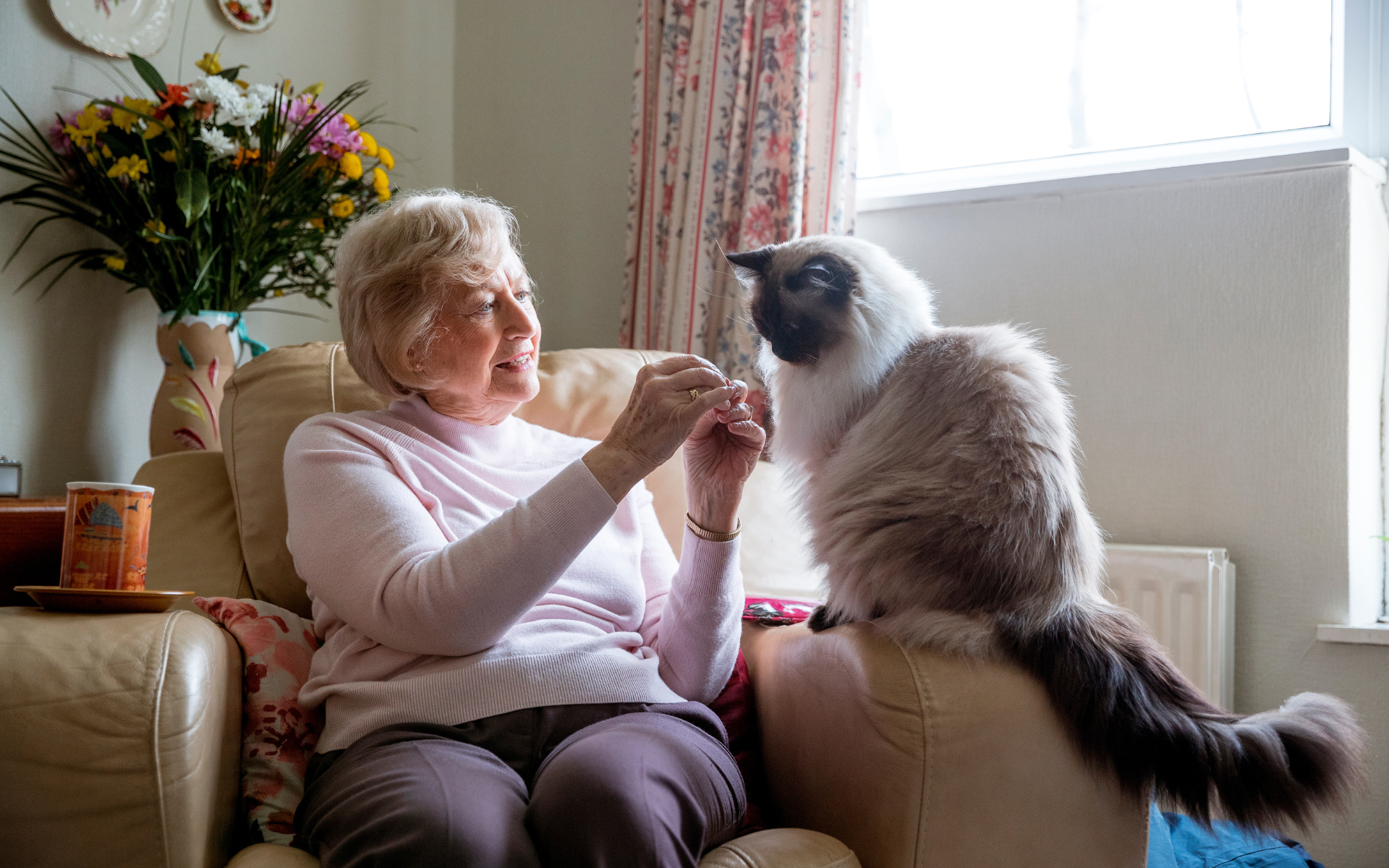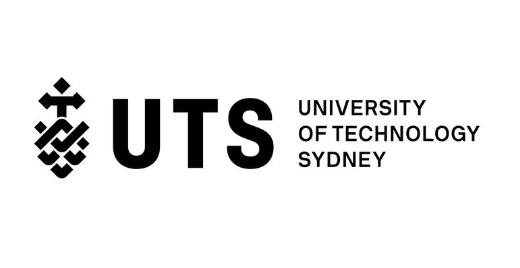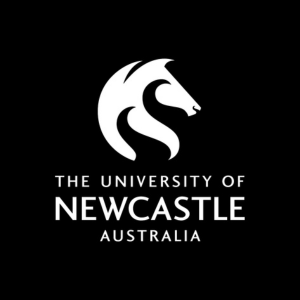
Healthy at Home
The Challenge
Australia’s ageing population is rapidly increasing and with it, the need to provide quality and sustainable aged care services. The 2021 Royal Commission into Aged Care Quality and Safety uncovered serious systemic issues with Australia’s aged care. Aged care facilities and hospitals lack the adequate resources to meet the growing demand and to provide the expected level of care required.
Among its recommendations, the Royal Commission identified ageing at home (“ageing in place”) as a means for older people to retain a “sense of identity and independence”. Being in their own space and among their community also has positive effects on people’s health and reduces the burden on in-patient services for people who may not need them.
Many older Australians are now choosing to stay in their own homes and this number is expected to rise. While this is a positive development for many people, increased demand will strain an already-stretched home-care workforce. Technologists suggest that existing and emerging technology, such as devices for monitoring activity/biometrics and smart data-processing technology, can help to address this issue and significantly increase people’s quality of life when ageing at home.
The Healthy@Home initiative was co-created by the University of Newcastle FASTLab, the Central Coast Research Institute (CCRI), UNSW Tyree Foundation Institute of Health Engineering, and the NSW Smart Sensing Network (NSSN) to test and develop this idea.
The Solutions
Understanding Reception of Care Technology for Healthy Ageing at Home
This project aims to find out more about what everyday ageing people think about the idea of technology like sensors and robots being installed in their homes to support their ageing in place. It also seeks to know what carers and people’s families think about the idea. Understanding Reception of Care Technology for Healthy Ageing at Home is a first-of-its-kind collaboration between universities, healthcare providers and local health districts, funded through the SPHERE Seed Funding Grant Scheme.
Industry Partners
Tyree Foundation Institute of Health Engineering, UNSW, Central Coast Research Institute, Central Coast Local Health District, InteliCare Holdings Limited, South Eastern Sydney Local Health District, South Western Sydney Local Health District, Tunstall Healthcare, HammondCare, United For Care, NSW Meals on Wheels, Greater Cities Commission, Medical Technology Association of Australia, Aged Care Industry Information Technology Council, Hills Corporate, Vlepis Pty Ltd, D&M Research Pty Ltd.


